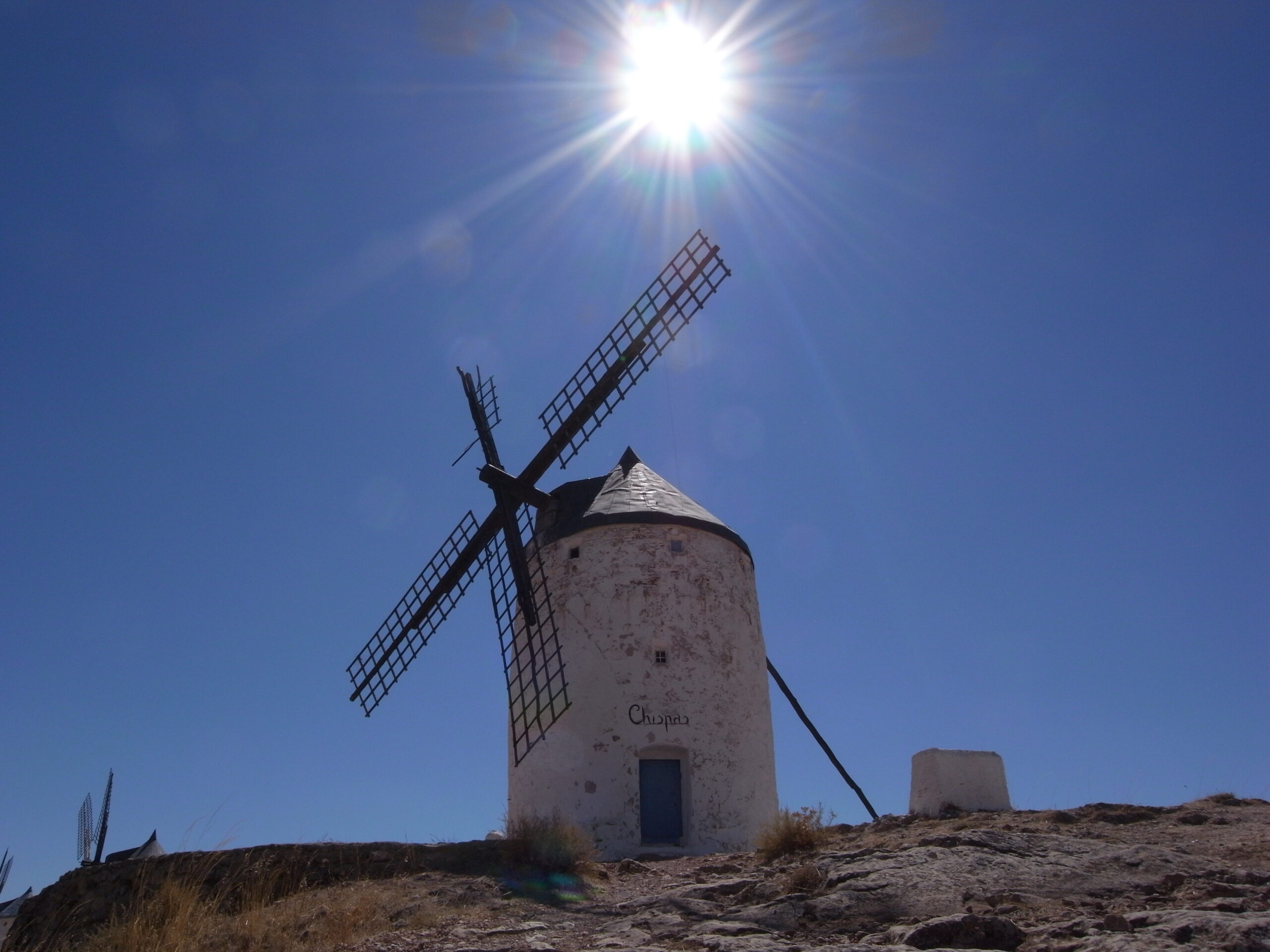It’s now June, which means we’re already nearly halfway through 2025. Has the time passed in the blink of an eye simply (あっという間)because nothing much happened, or was it full of experiences, thoughts, and memories that made it feel like it flew by? How about for you?
Even if it feels like nothing much has changed, looking back, we often realize that many things have shifted—within ourselves and in the world around us. Time passes on.
This leads me to reflect on the importance of acknowledging and marking the passage of time.
One area of my work as a tax accountant is inheritance tax. While corporate tax and individual income tax are recurring annual tasks that prompt a look back each year, inheritance tax is a once-in-a-lifetime filing—literally. It’s the process of settling and reporting the entirety of a person’s lifelong accumulation of assets. Inheritance division isn’t just about tax; it often involves deeper aspects of the deceased’s life and the circumstances of the surviving family (though tax accountants do not directly handle the division itself).
An article published online by Nikkei this February mentioned that, in fiscal year 2023, a total of 101.5 billion yen in assets were transferred to the national treasury due to the absence of heirs. In 2013, this amount was just over 30 billion yen, meaning it has tripled in the last decade.
This happens when there are legally no heirs to claim the inheritance—cases where a spouse has already passed away, there are no children or relatives, or someone has
remained single throughout life and has no family. Given Japan’s ongoing trend of an aging, low-birthrate society, this number is expected to keep rising.
Traditionally, inheritance matters were left to the heirs to handle after someone’s death, with little preparation during the person’s lifetime. But if there are no heirs, there is no one to manage or distribute the estate. Without any action, the propertyends up with the national treasury. However, if someone wishes to leave their estate to an organization or individual who supported them during their lifetime, they can consider a bequest.
There is a system that allows someone who is not a legal heir but had a close relationship with the deceased (called a “specially related person”) to receive part of the estate, but it requires an application to the court, and approval is rare. This is whyit’s so important to make one’s intentions clear while still alive.
There’s also the issue of managing one’s assets in later years as decision-making ability declines with age. Legal frameworks such as voluntary guardianship or family trusts exist to address this, though they can be somewhat difficult to use. In such cases, private agreements involving trusted relatives or professionals may be an alternative to relying solely on public systems.
Time truly flies. That’s why it’s vital to consider these matters early, in our own way. How we face death reflects how we live.

